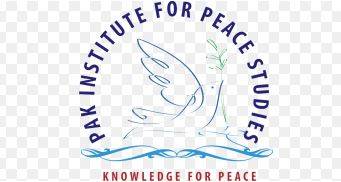Lahore (PR): Experts at a two-day consultation conference organised by Pak Institute for Peace Studies (PIPS) stressed that the state and educational institutions should engage the youth by initiating dialogue and promoting critical thinking among them.
They said that the present education system of the country has failed to socialize youth; rather it is creating a vacuum that is being fulfilled by social media in a negative way. They also called for creating economic opportunities for youth through technical and real-life learning.
Academics, political activists, journalists, lawyers, and representatives of civil society, and youth, among others, participated in the consultation on “Promoting Narratives of Diversity, Inclusion, and Peace among Youth.
The purpose of the consultation, which had four sessions on different themes, was to know how youth can build cultural awareness and develop understanding of the dynamics of multiculturalism.
Professor of Sociology at the University of the Punjab Dr. Khalil Ahmad taking part in the discussion said that education was the key for peaceful coexistence. “We should focus on education as an organization and at the level of content, and processing.” He said that the government would have to introduce a comprehensive judicious education policy as the present one has failed to socialize the youth.
Tufail said that the present education system was theory-based; rather it should also provide basic skills to students, which could help them find employment opportunities.
Former Vice Chancellor of the University of Sargodha Dr Muhammad Saleem Mazhar underlined that they would have to teach culture, fine arts, literature, and music to youth to change their behaviours and bring tolerance among them.
Research associate at the Centre for Social Justice Ms Faaria Khan said that they need mainstreaming of all religions, and genders to inculcate diversity, and inclusion among youth and in the society.
Ms Amna Kausar of the Pakistan Institute of Legislative Development and Transparency (PILDAT) said that Punjab Youth Policy was in the field with focus on “education, employment, engagement, and environment.” She said that the oversight role of provincial lawmakers with regard to implementation of the youth policy was weak.


